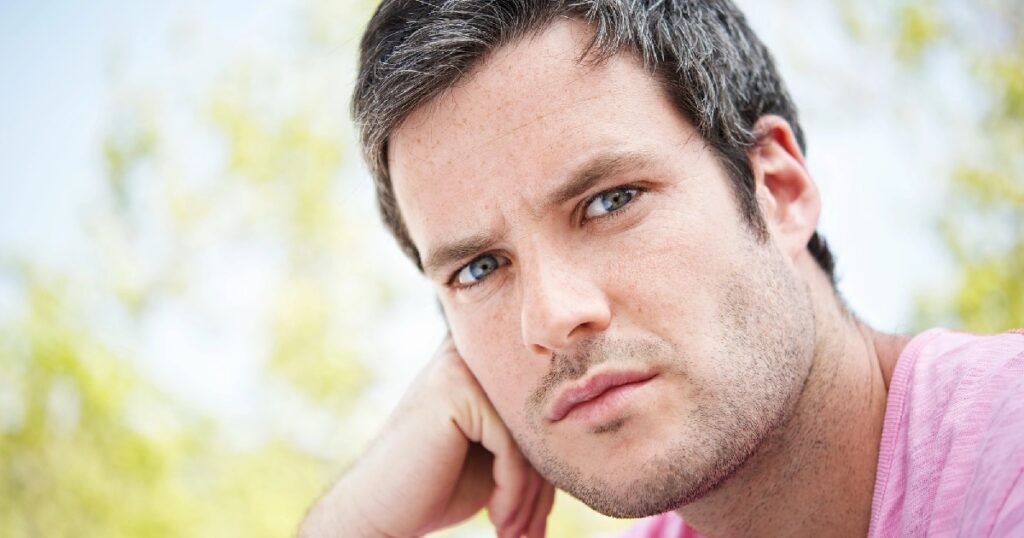How Does Drug Rehab in Arizona Work?
The best drug rehabs Arizona start with an extensive assessment to develop a personalized treatment plan. When you place a call with Wolf Creek Recovery, you will be greeted by a real person, an owner in fact – not an automated machine or inexperienced individual. Wolf Creek Recovery owners are very involved with all aspects of our drug rehab in Arizona, so you will speak with one of us over the phone!
Empathetic Staff: Arizona Drug Rehab Experts
Many of our Arizona Drug Rehab staff members have been through addiction treatment and understand the process. We can offer a level of understanding that others are not capable of. We realize that everyone has a different experience. Treatment typically begins with detox, then moves to therapy and then ends in aftercare. We can assist in all of these areas.

Some of the therapies we offer at Wolf Creek Recovery are:
- Cognitive behavioral therapy (CBT)
- Dialectical behavior therapy (DBT)
- Motivational interviewing (MI)
- Eye movement desensitization and reprocessing (EMDR)
- Art and music therapy
- Sports and Exercise (golf, softball, weight training, tennis, pickleball, disc golf, seasonal hockey, volleyball and kickball)
- Nutrition and Recreation (cooking, hiking, and wilderness adventures)

Effective Drug Rehabilitation Program in Arizona
Wolf Creek Recovery, our Drug rehab center in Arizona is very effective, but it is what you make of it. A person must be willing to be an active participant in our program and change their way of life. We will be there to assist with this process, but the desire to change has to come from within.
Fortunately, Wolf Creek Recovery offers a full spectrum of care that makes it easier to enjoy a successful recovery. At Arizona drug rehab center We provide superior therapies for a comprehensive treatment plan and provide our clients significant time to quell their problems. For those who need more time in treatment, we recommend our Extended Care Program.
Contact Our Drug Rehab in Arizona
If you believe that you have an unhealthy relationship with drugs, contact Wolf Creek Recovery today. We have personalized treatment programs, a variety of therapy options and a comfortable environment where you can thrive in your recovery.











